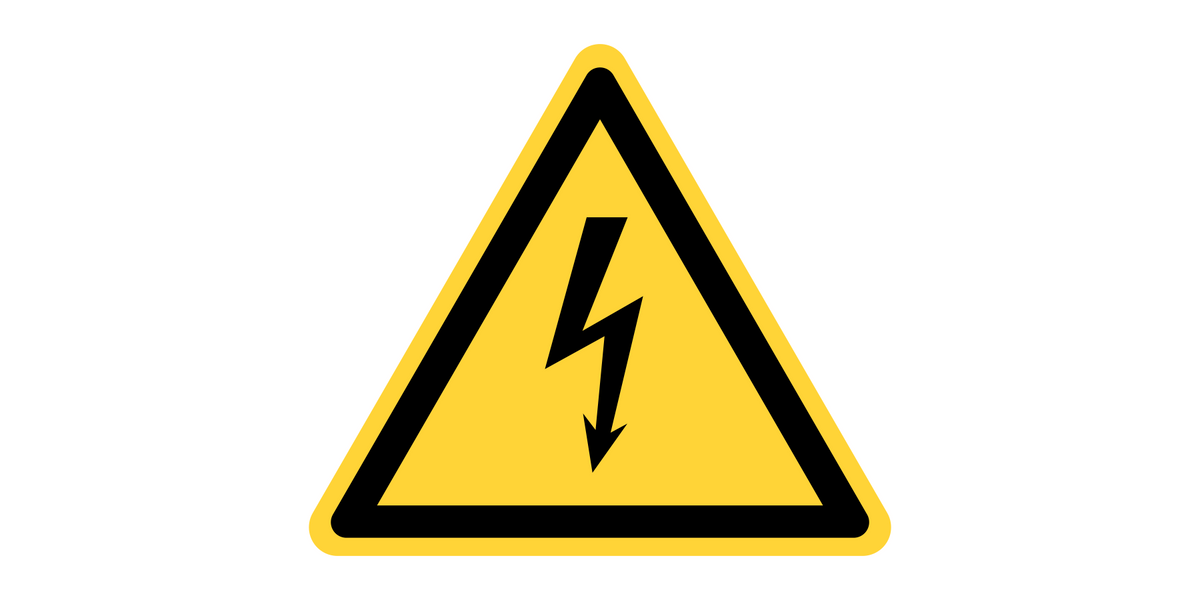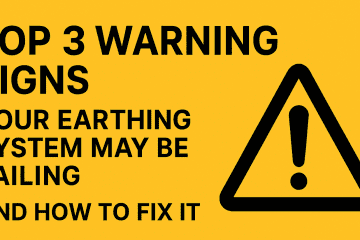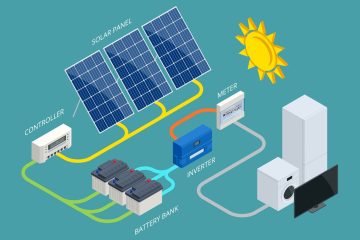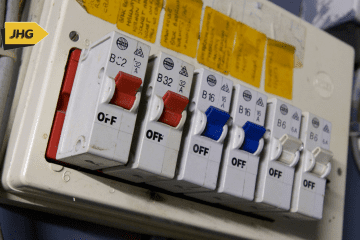You power your home with energy, but do you practice electrical and appliance safety?
Electrical safety in the home is crucial. Every year, over 180 fatality cases involve electrocution or electricity-related incidents that could have been avoided. At Just HardRich Global Resources Limited, we care about your safety. By following these electrical safety tips at home, you can protect yourself and your family.
What Causes Electrical Fires in Homes?
The National Fire Protection Association notes that faulty or damaged wiring and related electrical equipment cause 69% of electrical fires. These are followed by issues with lamps, light fixtures, cords, plugs, transformers, and other power supplies. Always consult a professional when looking for potential fire hazards in your home.
10 Tips for Electrical Safety at Home
Many electrical fires can be prevented by following simple electricity safety tips. Here are ten precautions every homeowner should know and follow. Always consult a professional if you’re uncertain about the safety of an electrical outlet or appliance.
1. Always Follow Appliance Instructions for Improved Electrical Safety
“Read the instructions” should top the list of electrical safety tips at home. Understanding home appliance safety improves both the performance of your device and your personal safety. Should any appliance give you even a slight electrical shock, stop using it until a qualified electrician checks it for problems.
2. Watch Out for Overloaded Outlets to Protect Your Home
Overloading an electrical outlet is a common cause of electrical problems. Check all outlets to ensure they are cool to the touch, have protective faceplates, and are in proper working order. According to ESFI, you can follow these electrical outlet safety tips:
- Do not use extension cords or multi-outlet converters for appliances.
- Only plug one heat-producing appliance into an outlet at a time.
- Hot outlets should be checked by qualified electricians.
- Remember that power strips only add outlets—they do not change the amount of power the outlet receives.
- Smart plugs can be used to monitor outlet power loads and even shut off appliances should an outlet begin to overheat.
3. Replace or Repair Damaged Electrical Cords to Keep Your Home Safe
Damaged power cords are a serious residential electrical safety risk, capable of causing both fires and electrocution. Check all power and extension cords regularly for signs of fraying and cracking, and repair or replace them as needed. Power cords should not be stapled into place or run under rugs and furniture. Cords under rugs pose a tripping hazard and can overheat, while furniture can crush cord insulation and damage wires.
Using extension cords regularly may mean you don’t have enough outlets to fit your needs. Have a qualified electrician who understands electrical safety rules install additional outlets in rooms where you often use extension cords. When purchasing a power cord, consider the electrical load it will carry. A cord with a load of 16 AWG can handle up to 1,375 watts. For heavier loads, use a 14 or 12 AWG cord. Pro tip: AWG stands for “American wire gauge.” The lower the number, the thicker the cord!
4. Keep Your Used and Unused Cords Tidy and Secure to Prevent Damage
Electrical safety tips don’t just apply to power cords when they’re in use—cords also need to be stored safely to prevent damage. Keep stored cords away from children and pets (who may chew on or play with the cords). Try to avoid wrapping cords tightly around objects; this can stretch the cord or cause overheating. Never rest a cord on a hot surface to prevent damage to the cord’s insulation and wires.
5. Unplug All Your Unused Appliances to Reduce Potential Risks
One of the simplest electrical safety tips is also one of the easiest to forget: when an appliance is not in use, unplug it. This saves you power by reducing any phantom drain (the amount of energy the device consumes even when not actively in use) and protects the appliance from overheating or power surges. It’s often difficult to remember to unplug unused appliances, but the new generation of smart plugs offers a solution, allowing you to set power schedules for each outlet.
6. Keep Electrical Devices and Outlets Away from Water to Prevent Shock
Water and electricity don’t mix well. To follow electrical safety rules, keep electrical equipment dry and away from water to prevent damage to appliances and protect against personal injury and electrocution. When working with electrical appliances, it’s important to have dry hands. Keeping electrical equipment away from plant pots, aquariums, sinks, showers, and bathtubs lowers the risk of water and electricity coming into contact.
7. Give Your Appliances Proper Space for Air Circulation to Avoid Overheating
Without proper air circulation, electrical equipment can overheat and short out, becoming an electrical fire hazard. Make sure your appliances have proper air circulation, and avoid running electrical equipment in enclosed cabinets. For best electrical safety, store flammable objects well away from all appliances and electronics. Pay especially close attention to your gas or electric dryer, as these need to be situated at least a foot from the wall to function safely.
8. Ensure That All Your Exhaust Fans Are Clean to Prevent Fire Hazards
Some appliances have exhaust fans, which can get dirty or clogged with debris and make the appliance work harder. This can shorten the life of the appliance and cause a risk to the home due to overheating, or even cause a buildup of dangerous gasses that can lead to an electrical fire hazard. Cleaning exhaust fans regularly helps prevent such hazards.
9. Check That You’re Using the Correct Wattage in All Your Fixtures and Appliances
Using the right bulbs can prevent electrical problems, so check all lamps, fixtures, and appliances to ensure you’re using the correct wattage. If a light fixture has no wattage listed, use 60-watt bulbs or less. For unmarked ceiling fixtures, choose 25-watt bulbs. Pro tip: LED bulbs consume less power and reduce the risk of fixtures overheating. Learn more about LED light benefits.
10. Be Aware of Heaters and Water Heaters to Prevent Potential Accidents
Combustible items should be kept away from portable heaters and built-in furnaces. For furnace safety, store combustibles far away from any heating appliances. Portable heaters should not be operated close to drapes, and to prevent tipping, they should only ever be placed on a stable surface.
Trust Just HardRich Global Resources Limited for Your Electrical Safety Needs
Electrical safety at home is essential to prevent accidents, fires, and electrocution. At Just HardRich Global Resources Limited, we are dedicated to ensuring your home is safe and secure. Our team of qualified electricians provides top-notch electrical power and control engineering services to keep your home running smoothly.
We stay updated with the latest trends and innovative tools to offer you the best solutions. Whether you need additional outlets, smart plugs, or thorough electrical inspections, we are here to help. Remember, prevention is better than cure. Follow these safety tips, consult professionals, and make your home a safe haven for you and your family.
Reach out to us today for all your electrical needs and experience the peace of mind that comes with professional service and expert care.
Stay safe and let Just HardRich Global Resources Limited be your trusted partner in electrical safety.




